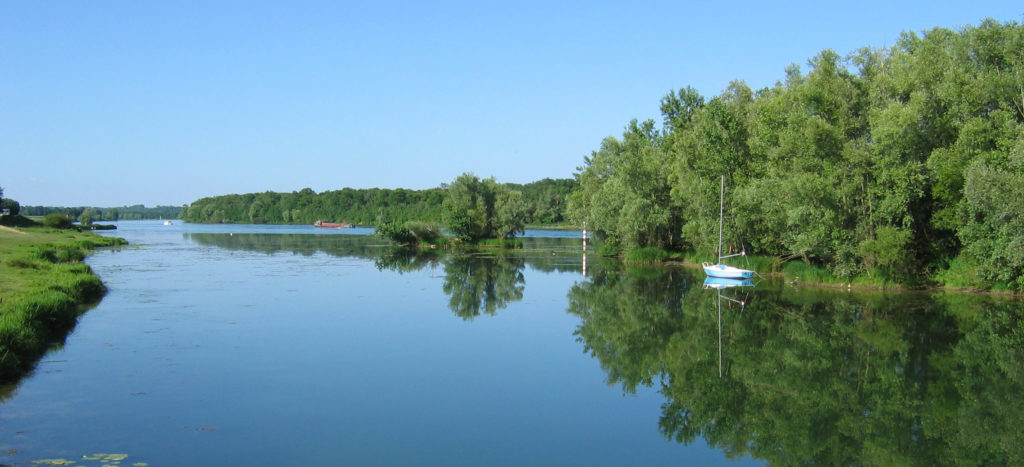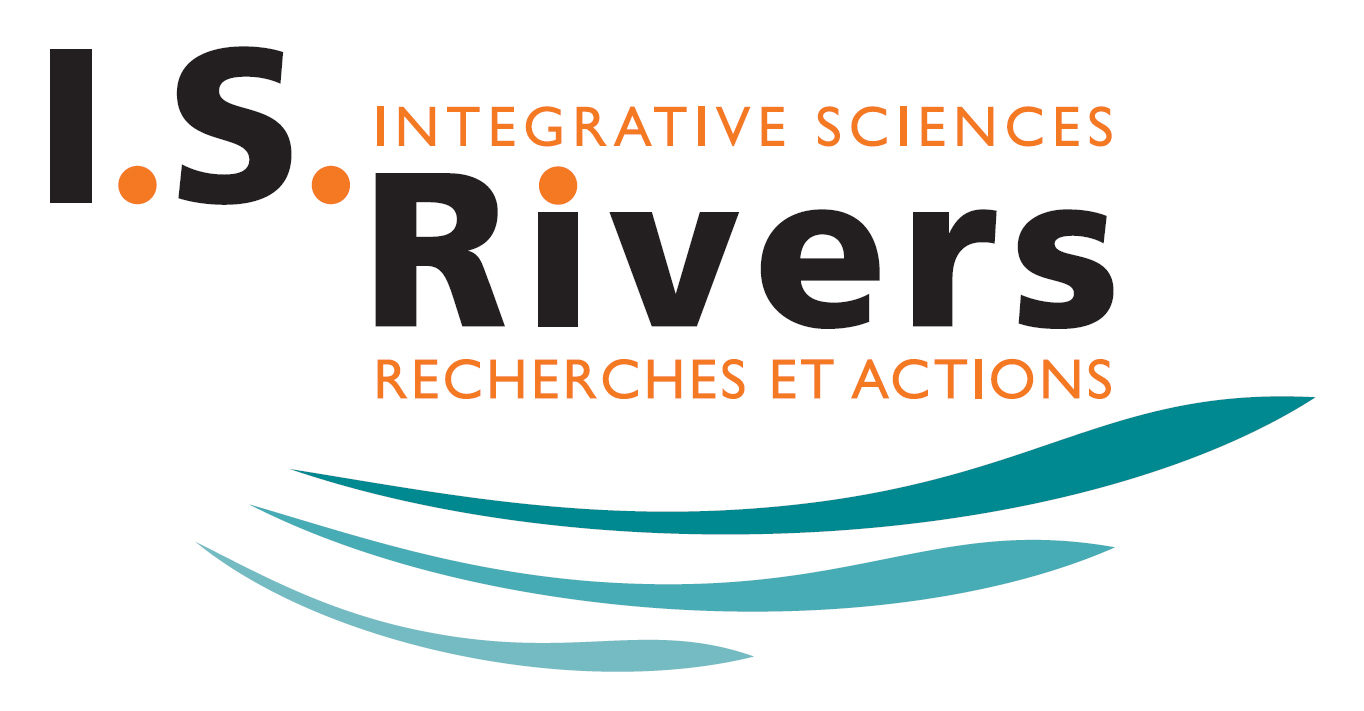The call for abstract is open!
Respond to the call for papers and present your work at the conference!
Your abstract must be submitted no later than 30 November 2024.
How to propose a communication?
Expected communications
Scientific communications
These communications make it possible to understand the complexity and evolution of rivers and large rivers, to reveal the environmental and human challenges of these systems in order to inform management choices. These communications will illustrate the added value of interdisciplinarity for understanding and action.
Feedback from experiences
These presentations report on case studies, contexts, strategies or innovative operational achievements, implemented at different spatial and temporal scales, with an analysis and a perspective allowing the transfer and exchange of experiences, or even coupled “scientific-operational” approaches that are the subject of an analysis of the associated environmental and / or societal gains.
Forward-looking reflections
These reflections open up new concepts and make it possible to take into account in their management the complexity of rivers and large rivers and their dynamics.
I.S.Rivers contribution themes
I.S.Rivers 2025 is set in a context of necessary adaptations of socio-hydrosystems in the face of global changes. Abstracts may refer to this context or address it fully.
4 thematic entries are proposed, interacting with each other. Your paper proposal may be single or multi-themed. The key words below will be a source of inspiration for you to propose a topic to be shared with all those involved in river science and management.
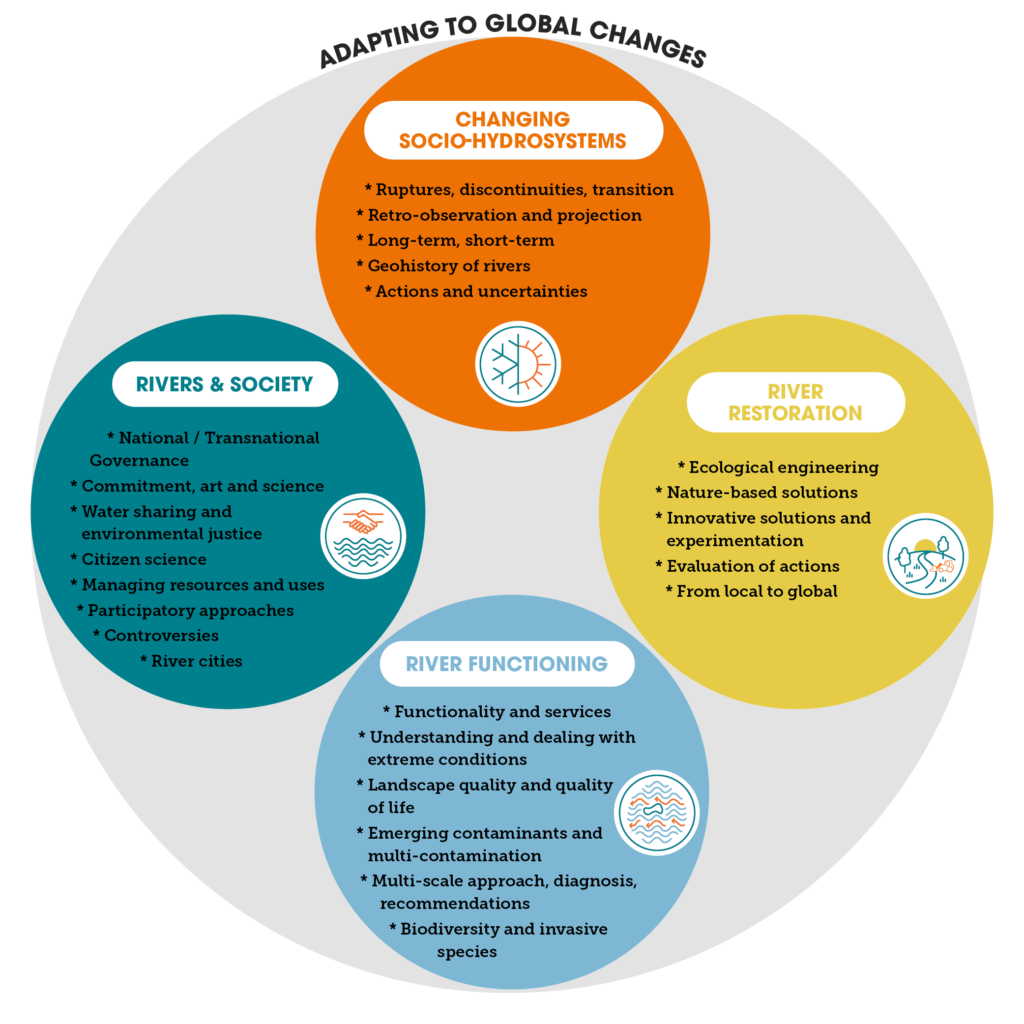
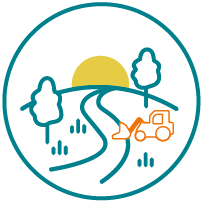
RIVER RESTORATION
- Ecological engineering
- Nature-based solutions
- Innovative solutions and
experimentation - Evaluation of actions
- From local to global

CHANGING SOCIO-HYDROSYSTEMS
- Ruptures, discontinuities, transition
- Retro-observation and projection
- Long time, short time
- Geohistory of rivers
- Actions and uncertainties

RIVERS & SOCIETY
- National / Transnational
Governance - Commitment, art and science
- Water sharing and
environmental justice - Citizen science
- Managing resources and uses
- Participatory approaches
- Controversies
- River cities
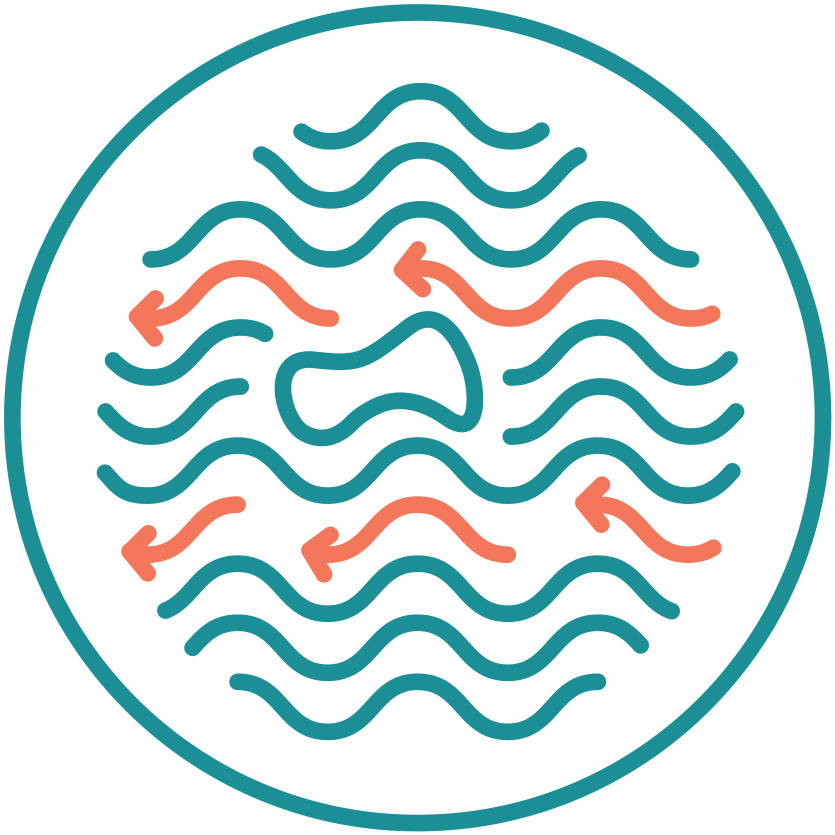
RIVER FUNCTIONING
- Functionality and services
- Understanding and dealing with
extreme conditions - Landscape quality and quality
of life - Emerging contaminants and
multi-contamination - Multi-scale approach, diagnosis,
recommendations - Biodiversity and invasive
species

Your communication should fall within the theme of I.S.Rivers 2025
Your document has to be written according to the imposed document model; it will necessarily include on the first page the French-English translation of the title, the key words as well as a summary of 10 lines in both languages (the translation by us is possible after selection – it is a paid service) and an extended summary written in French or English (2 pages maximum).
